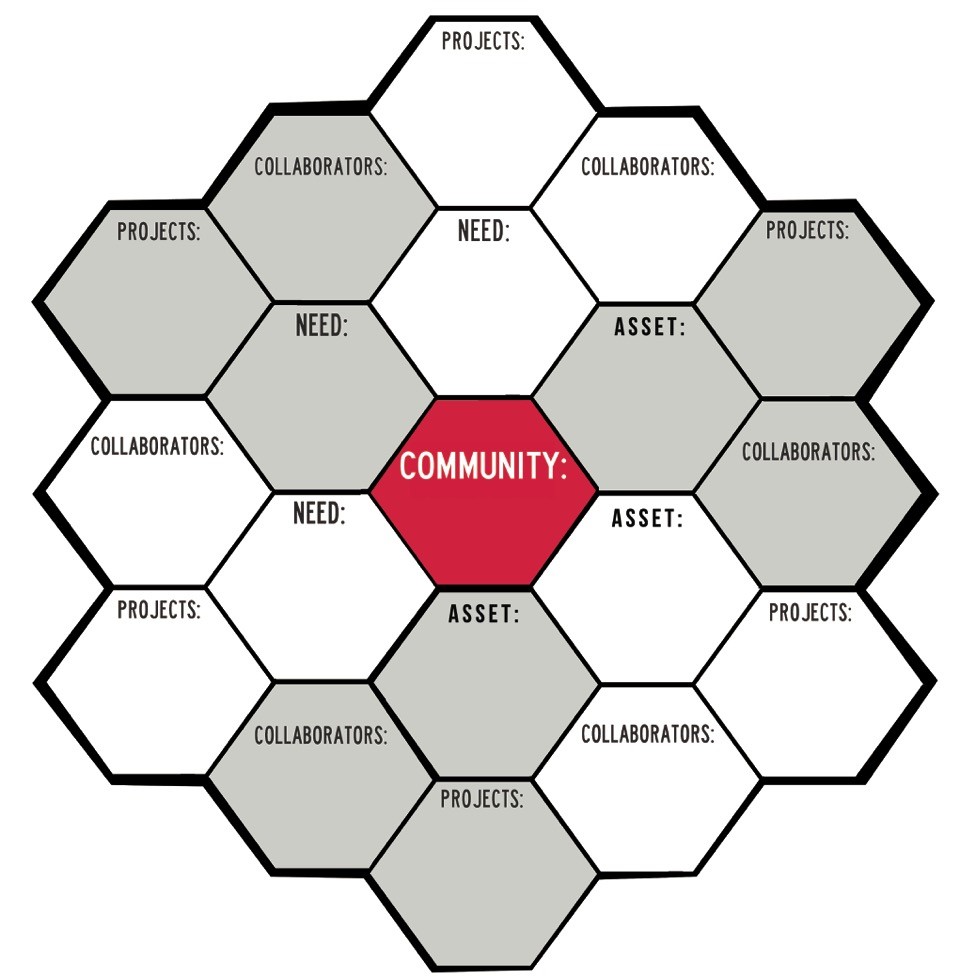Sexism and Racism Must Be Addressed as Systems
While revealing individual misogynists is hard, uprooting misogyny is much harder. Lozada, When Women Dare to Step Out of Place The Ford and Walton Foundations made big news recently in the arts and philanthropy world, announcing $6 million in diversity fellowships for 20 US art museums. According to the Philanthropy News Digest, Efforts to be…
